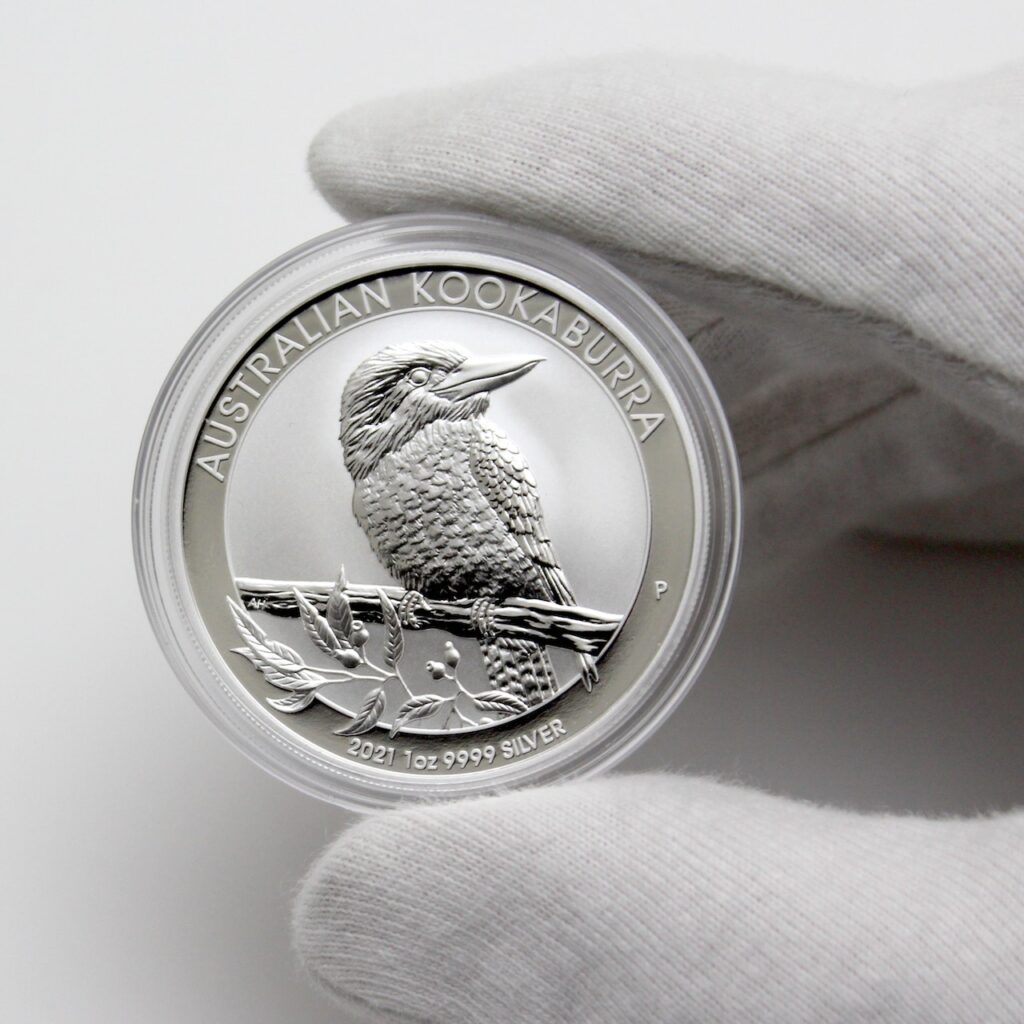Dealing with Collectibles – Nostalgia Vs. History
The two factors, Nostalgia and history, are vital factors that you must consider when entering the collectibles market. The difference between Nostalgia and history can help you determine why a particular item is valuable. Below, this article will segment each collectible item according to Nostalgia and history and enforce the importance of Nostalgia and history when dealing with collectibles.
What is Nostalgia?
Nostalgia is the sentimental attraction to the past, and you can attach it to a time, place, or other personal associations. You need to understand that Nostalgia is a solid feeling and is responsible for adding an emotional attachment to items.
If the collectible buyer has Nostalgia over an item, they will be willing to purchase it at a very high price. Vintage toys, comic books, and other pop culture merchandise are essential items that display Nostalgia. The element of Nostalgia that each collectible holds are deep-rooted in pop culture for the most part.
Nuances of Nostalgia
The value of Nostalgia will mostly be in collectibles related to pop culture or media. Sports merchandise of hall-of-fame players is incredible collectibles for being highly nostalgic. Similarly, old video games and gaming consoles remind adults of today about their childhood, which makes them a highly prized possession even in 2022, with all the advanced gaming technologies.
Once you start seeing an item with emotional attachment because you hold previous memories of that item, you are falling under the spell of Nostalgia. Most Nostalgia is a lie to a certain extent, simply because we only remember and associate the feel-good memories of that period without recalling any trauma or pain. The emotional attachment that feeds Nostalgia is also very personal to each individual, which means that an item can hold high value to specific individuals and not everyone.
How Does this Relate to History?
Rare coins, antique firearms, paper money, rare books, and more fall into the category of antique collectibles. These items are highly priced simply because they hold historical significance. They do not encompass the personal memories of individuals.
These are all items that buyers will have some form of attachment to, but you would not call them nostalgic. Collectors and people that deal in collectibles need to understand that Nostalgia is critical, but the factor of history will matter over the long term.
The nostalgic wave can indeed help you get great returns for your collectibles. But at some point, history will be more critical than Nostalgia. Therefore, selling based on Nostalgia or history will depend on the collectors market and the collectible you own.
Final Words
Some of the collector’s markets are still going very strong. If you have a special item that you think will hold value due to Nostalgia and history, contact us at Collectibles Investment Group. We are the top items dealer in the US market, providing precise estimates for all collectibles.
Submit your queries at cash@collectiblesinvestmentgroup.com, and learn more about our business.

